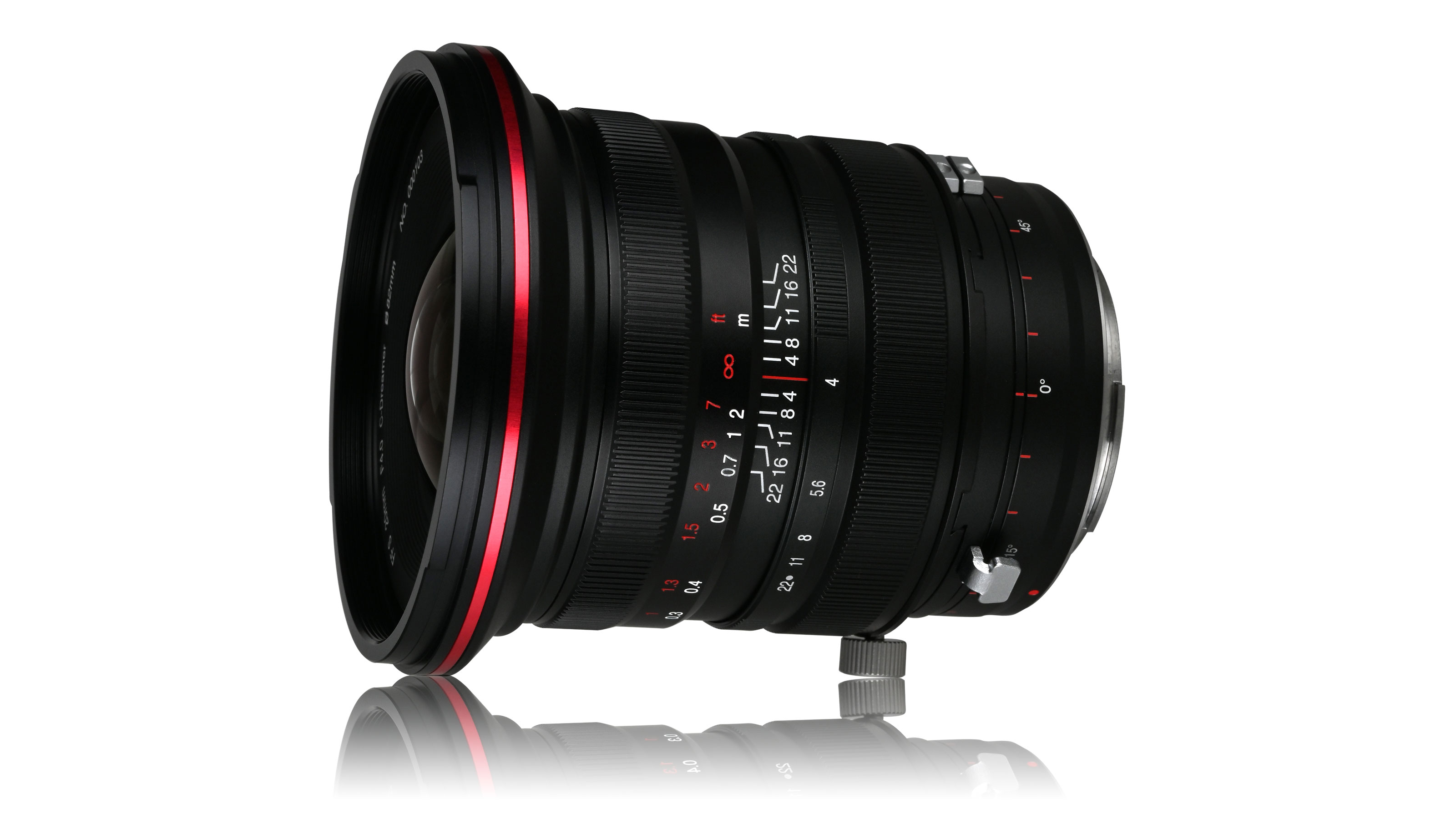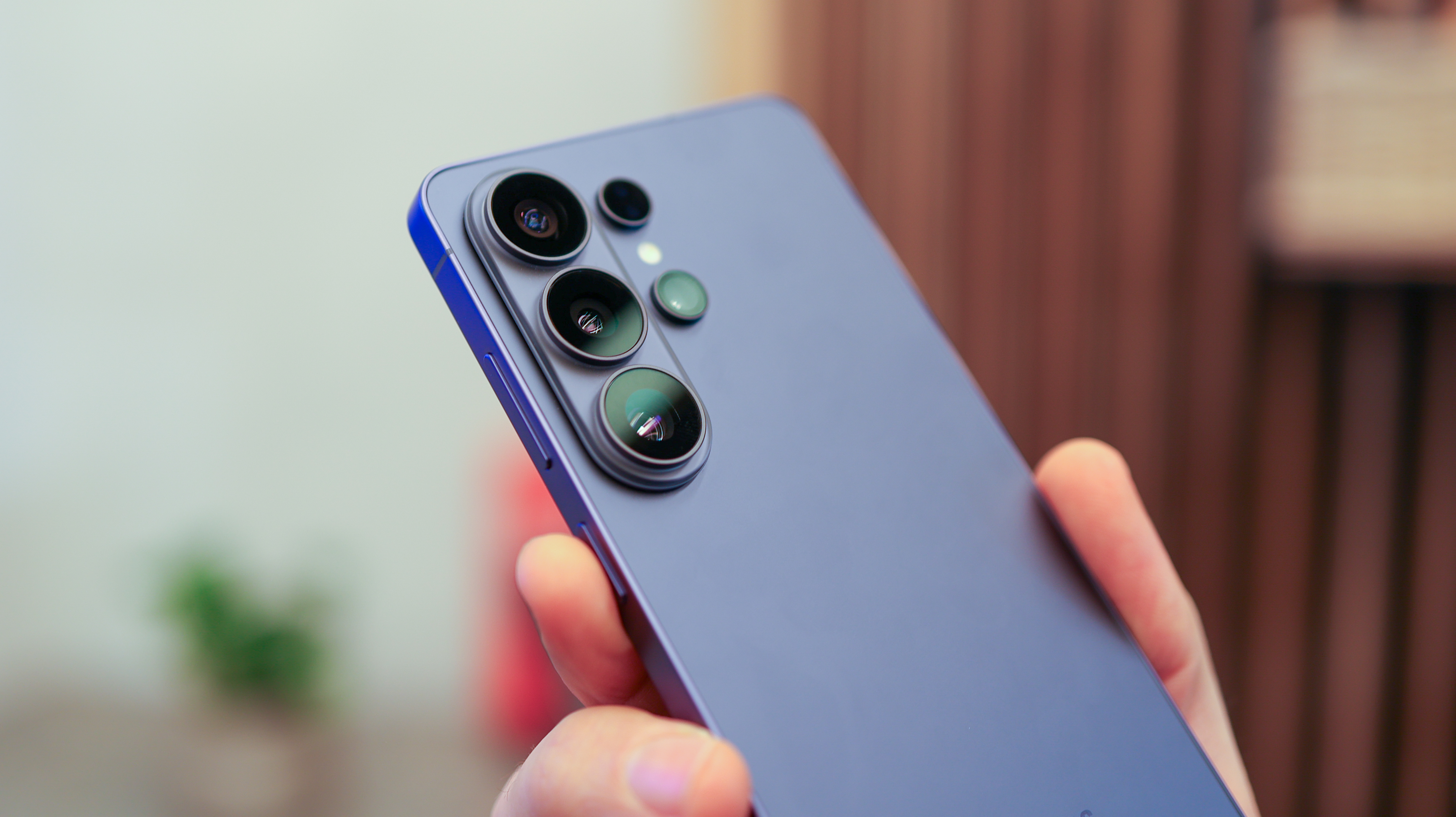12 lenses of Christmas: Laowa launches a shift lens for the masses in March 2022
And it wasn’t just about new lens launches. Pentax launched a 14 year-old lens into space.
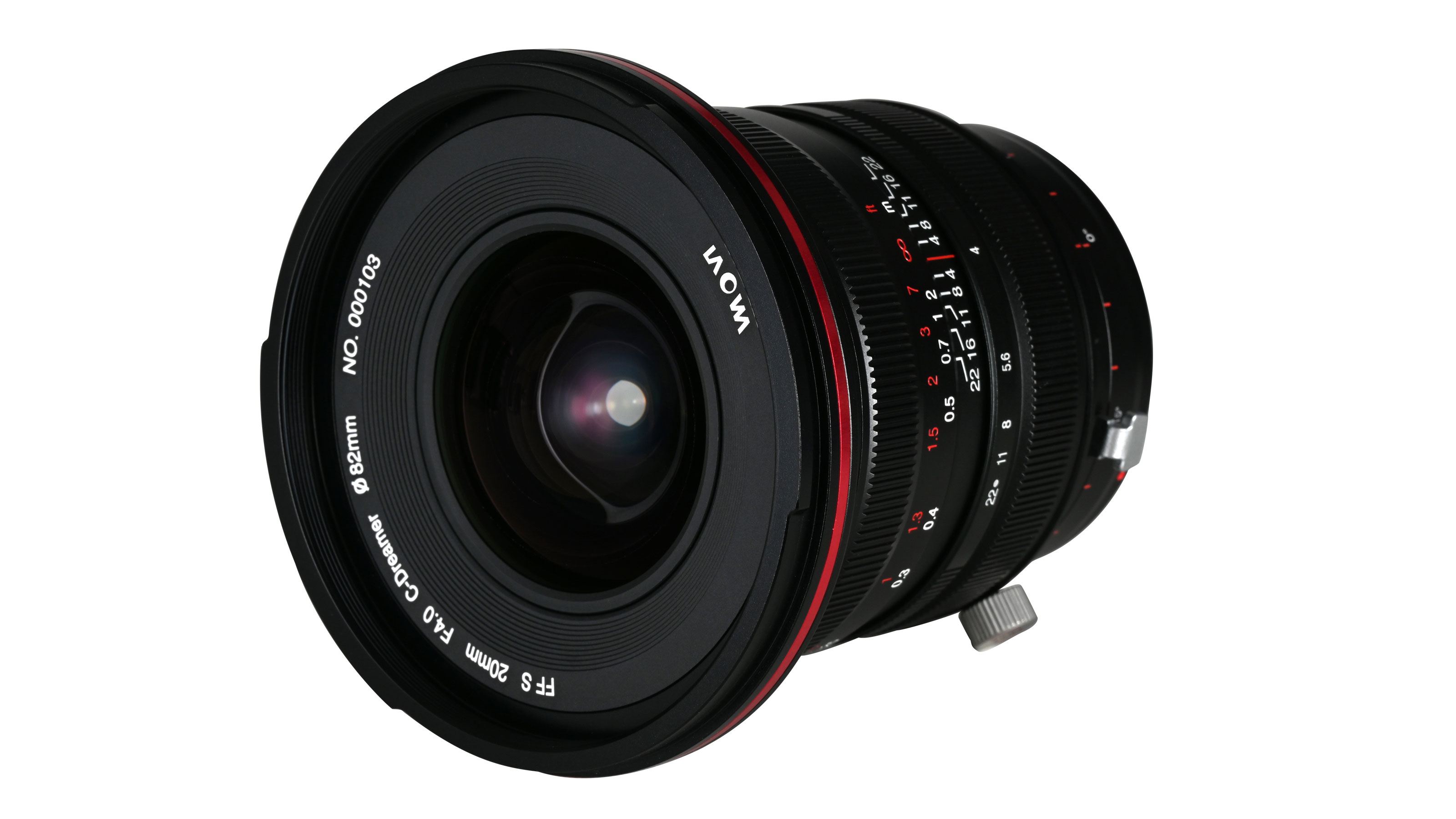
The best camera deals, reviews, product advice, and unmissable photography news, direct to your inbox!
You are now subscribed
Your newsletter sign-up was successful
Laowa hit the bigtime in March, launching several new lenses including the 20mm f/4 Zero-D Shift. An architectural photographer’s dream, it gives a wide viewing angle while also correcting for perspective, so you can keep your verticals vertical. Unlike full tilt & shift and shift lenses, it lacks a tilt facility for controlling depth of field but is available in a wide range of mount options including Canon EF & RF, Nikon F & Z, Sony E, Pentax K, L mount and even for Fujifilm GF medium format cameras.
As well as its 20mm Shift lens, Laowa launched four new cine lenses and two cine lens bundles for Micro Four Thirds cameras. Covering a range of focal lengths, the newcomers included the 6mm T2.1 Zero-D MFT Cine, 10mm T2.1 Zero-D MFT Cine, 17mm T1.9 MFT Cine and the Laowa 50mm T2.9 Macro APO MFT.
The last of these offers 2x macro magnification for extreme close-ups yet still works as a regular short telephoto prime with a 100mm effective focal length and focuses all the way to infinity. The four were closely followed by the Laowa 7.5mm T2.9 Zero D S35 Cine lens for the Super 35 format, equating to an effective focal length of 11-12mm in full-frame terms. It became the widest-angle Laowa cine lens to date.
See other installments in our 12 lenses of Christmas series
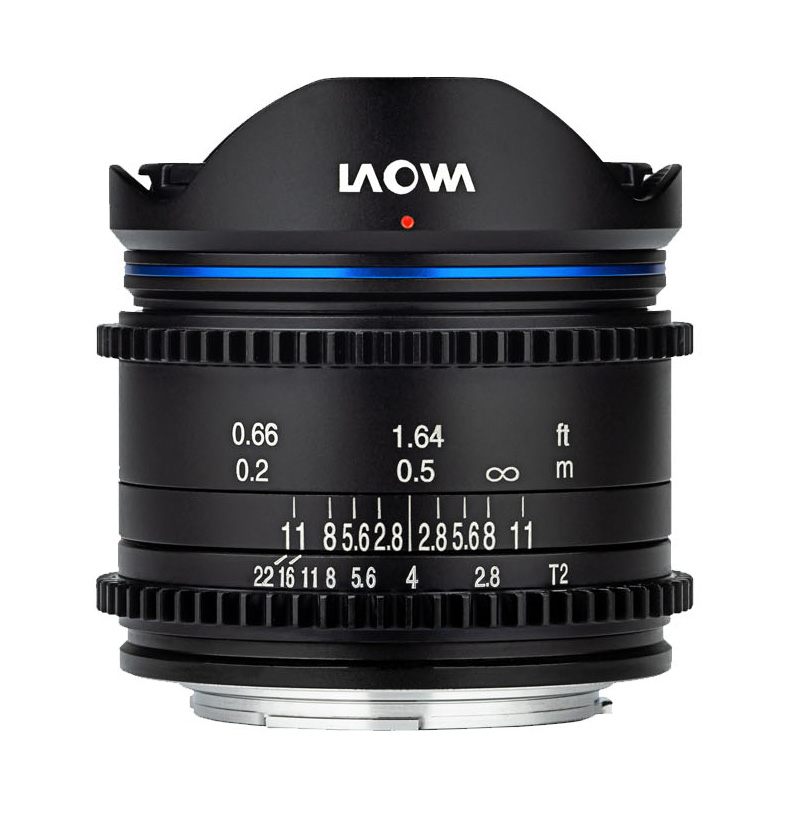
Amidst the plethora of new lenses released over the last couple of years for mirrorless cameras, it was nice to see something new for DSLRs. Irix obliged with the launch of its 21mm f/1.4 in Canon EF, Nikon F and Pentax K mount options.
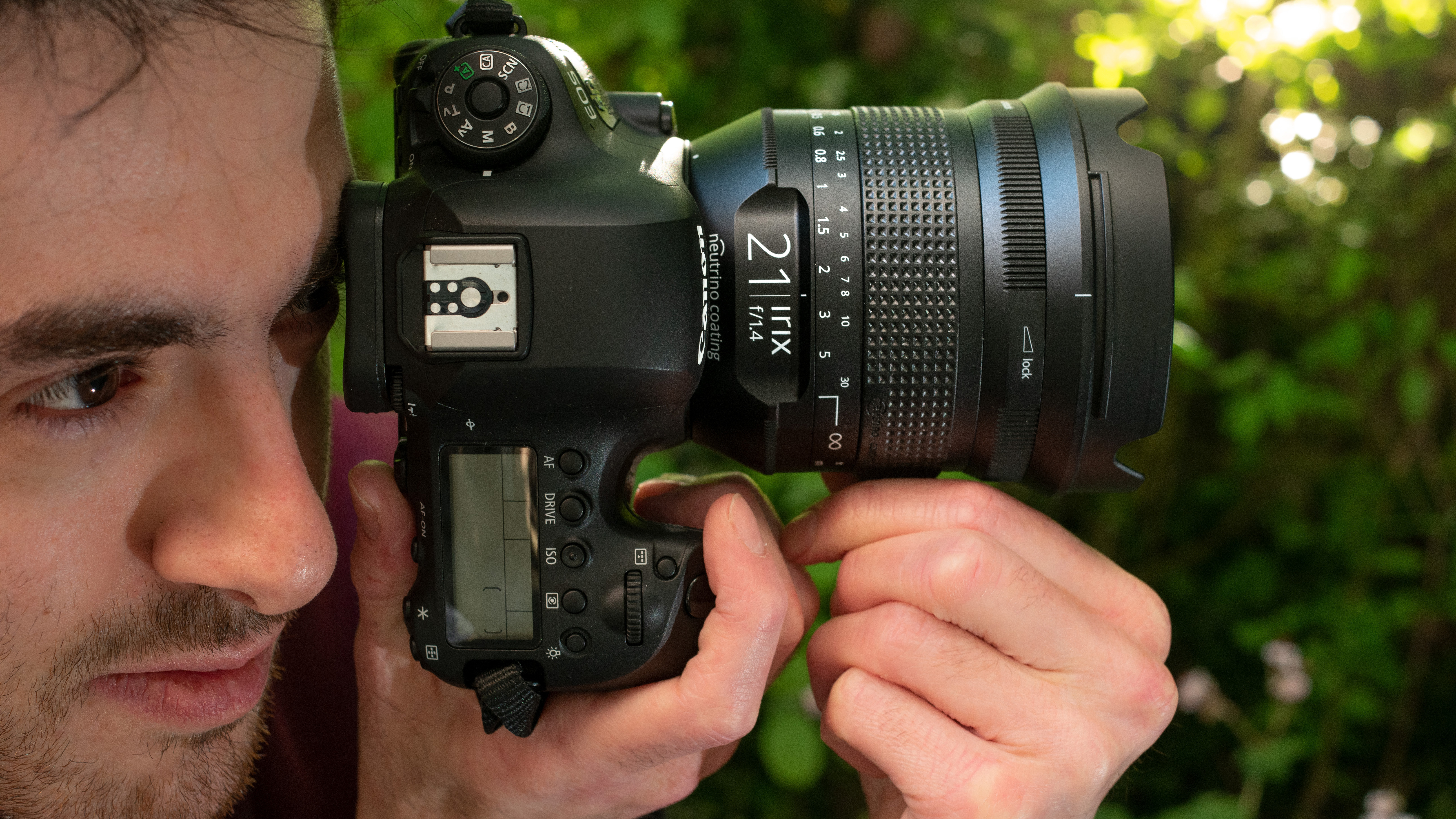
Claiming a world-first, Zhong Yi Optics launched its Speedmaster 50mm T1 Cine as the first ever native full-frame 50mm PL-mount lens with an ultra-fast T1 aperture. A Canon EF-mount version is also available. Meanwhile, Cosina added another fast glass options for Fujifilm X-mount shooters, announcing the Voigtländer Nokton 23mm f/1.2, which followed the advent of the Voigtländer Nokton 35mm f/1.2 some six months previously.
Going boldly where no Pentax lens had gone before, an SMC DA 300mm f/4 ED IF SDM lens with a 14 year-old design was strapped into a Kitsue CubeSet satellite and launched into space to take photos of dear old planet Earth.
Sony launched a new FE PZ 16-35mm f/4 G with a motorized power zoom facility, offering a neat option for hybrid photographers who like shooting stills and movies in equal measure. Meanwhile, Samyang unveiled a more conventional AF 35mm F1.4 FE II lens for Sony mirrorless cameras. Samyang’s Mark II edition adds a focus hold button and custom function switch, along with a faster autofocus system.
Back in the lab, we tested the Nikon Z 28-75mm f/2.8 and were thoroughly impressed. Although it’s a ‘new’ NIKKOR lens, it’s essentially a tweaked and rebranded Tamron lens for Sony E-mount cameras that’s been around for a while, and which we rated equally highly.
The best camera deals, reviews, product advice, and unmissable photography news, direct to your inbox!
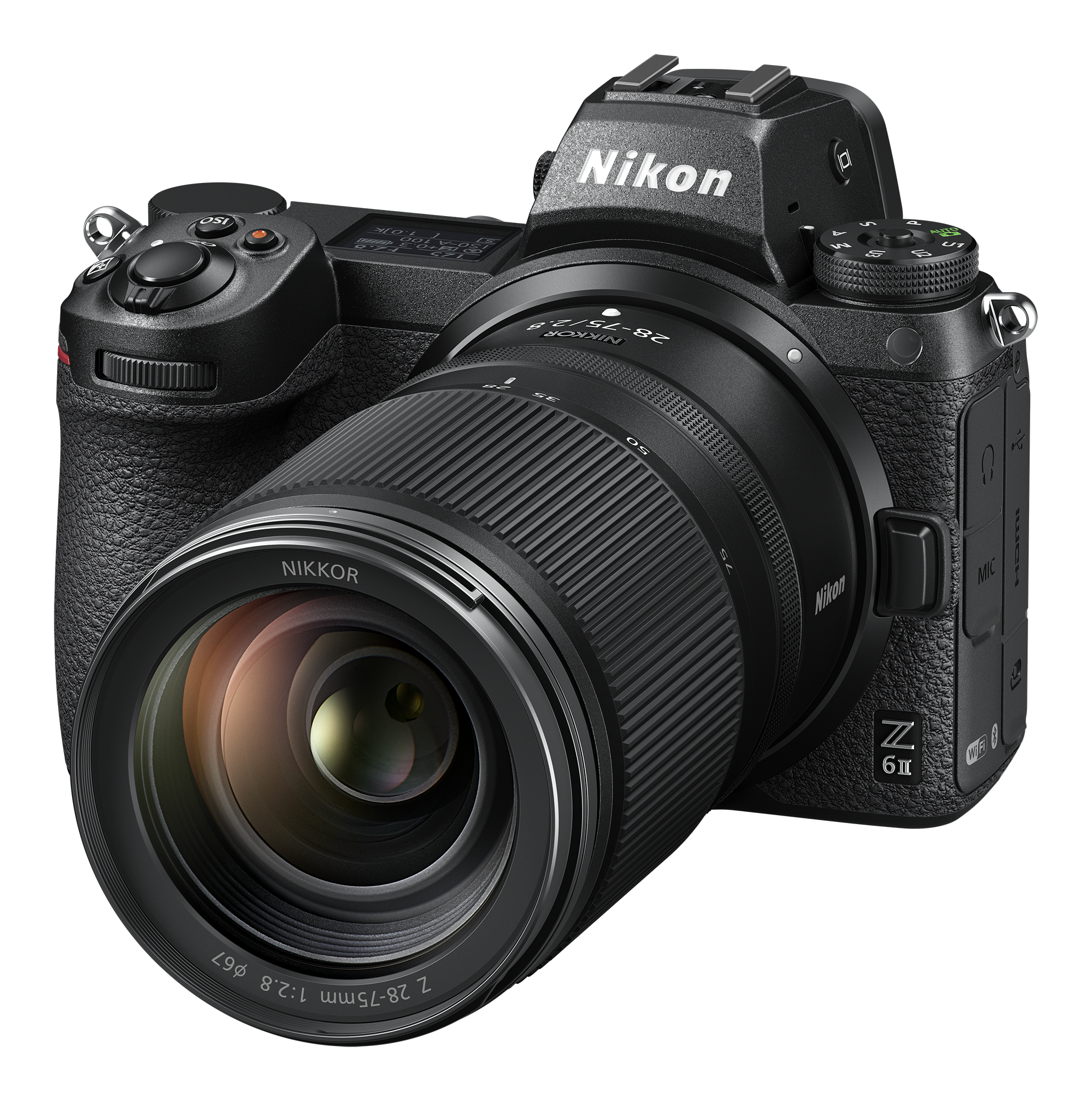
Built for bokeh, the Laowa Argus 45mm f/0.95 FF is available in Canon RF, Nikon Z and Sony E mount options. We were impressed overall but the super-tight depth of field comes at the expense of lacklustre sharpness across the whole frame at wide apertures. Do you care?
Living up, or perhaps down to its ‘Contemporary’ tag, the Sigma 20mm F2 DG DN | C is a compact, lightweight lens that nevertheless goes large on viewing angles for full-frame Sony E and Leica L mount cameras, including Panasonic S-system and own-brand Sigma bodies. It’s a sturdy little thing with an all-metal build and even a metal lens hood and cap, and delivers very pleasing image quality.
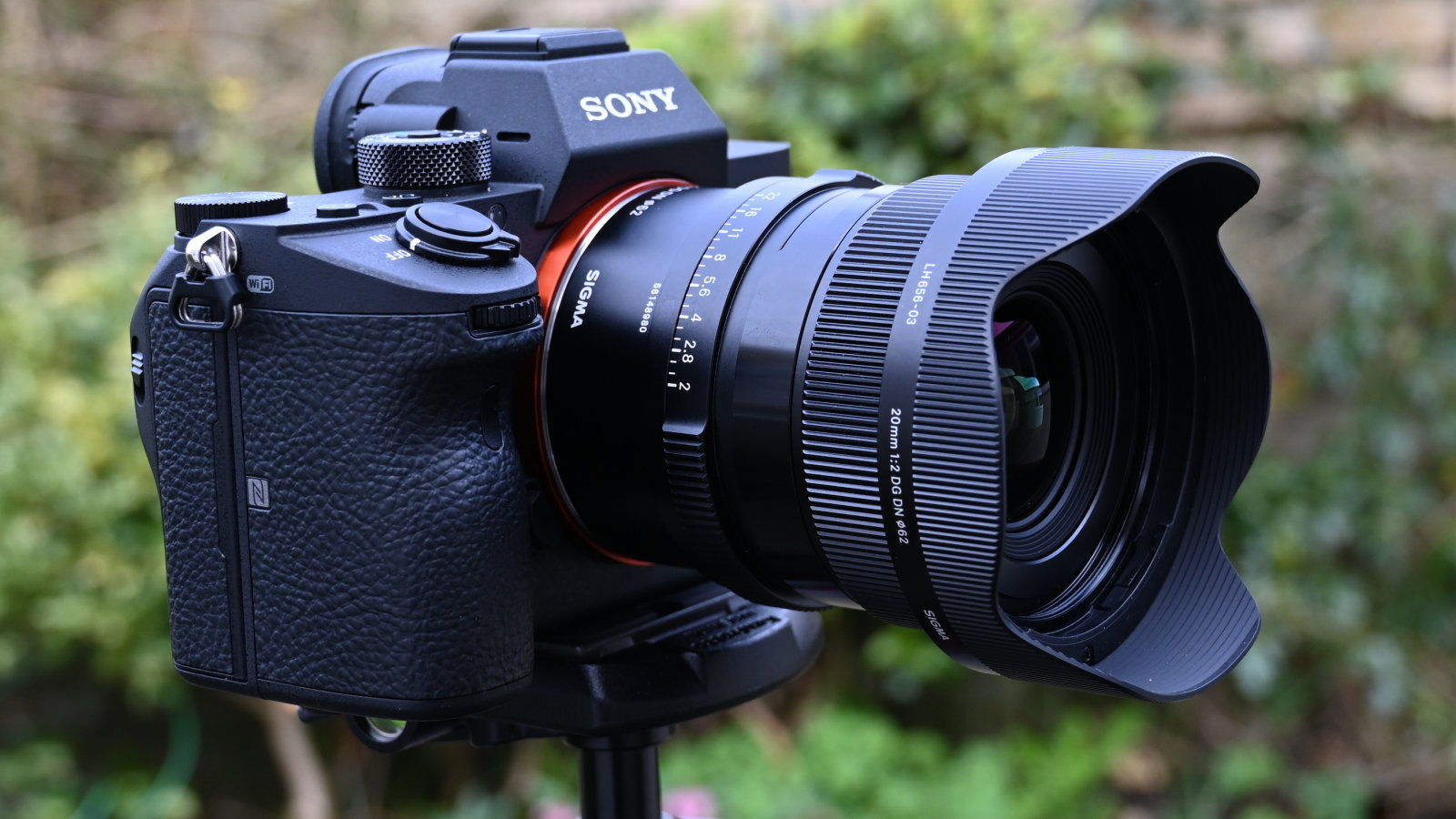
We managed to get hold of the new Laowa 20mm f/4 Zero-D Shift in the same month that it hit the news desk. We ventured out for some architectural photography on the straight and not-so-narrow, very much liking the perspective control. We also tested the Laowa MFT Argus 25mm f/0.95 APO which turned out to be pretty big for a Micro Four Thirds lens but combines high quality build and performance with a super-fast aperture.
Back to basics
• What are the best camera lenses to buy?
Lenses for photography genres
• Best lenses for astrophotography
• Best lenses for bird photography
• Best lenses for landscape
Lenses for your camera
• Best Canon lenses
• Best Fujifilm lenses
• Best Nikon lenses
• Best Olympus lenses
• Best Panasonic lenses
• Best Pentax lenses
• Best Sony lenses
Matthew Richards is a photographer and journalist who has spent years using and reviewing all manner of photo gear. He is Digital Camera World's principal lens reviewer – and has tested more primes and zooms than most people have had hot dinners!
His expertise with equipment doesn’t end there, though. He is also an encyclopedia when it comes to all manner of cameras, camera holsters and bags, flashguns, tripods and heads, printers, papers and inks, and just about anything imaging-related.
In an earlier life he was a broadcast engineer at the BBC, as well as a former editor of PC Guide.
